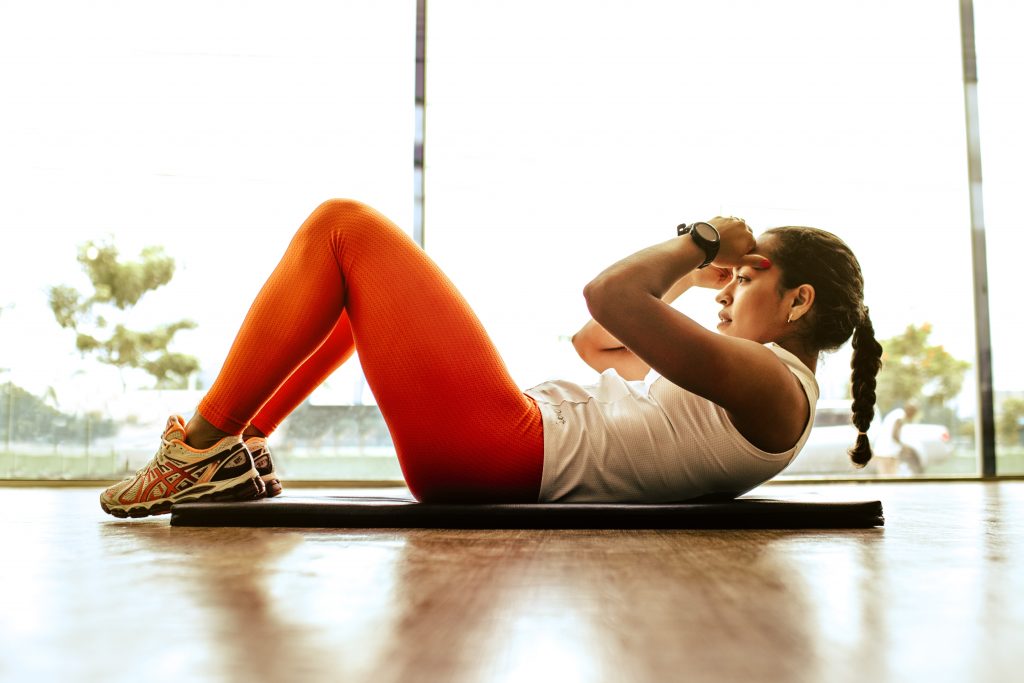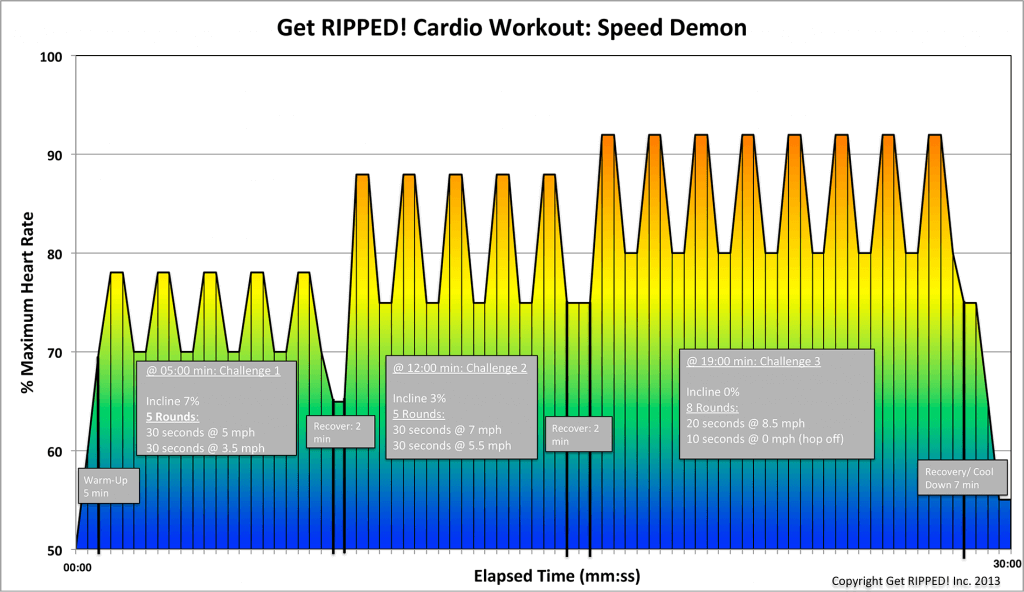Blog
How To Start Working Out For Beginners
 If you want to start working out, especially at home, you probably have a lot of questions, like most beginners. You need to first make sure you’re fit enough to start. Always check with your health care professional first to make sure you’re healthy. In most cases, the doctor will make recommendations of alternatives if you’re not ready for a traditional workout program. It’s always best to be safe and if you have to error, error on the side of safety.
If you want to start working out, especially at home, you probably have a lot of questions, like most beginners. You need to first make sure you’re fit enough to start. Always check with your health care professional first to make sure you’re healthy. In most cases, the doctor will make recommendations of alternatives if you’re not ready for a traditional workout program. It’s always best to be safe and if you have to error, error on the side of safety.
Write your goals and how you’re going to reach them.
You can’t take a trip without a map that states where you started and where you’re going. The same is true for fitness. Unless you note a starting point and a destination in fitness. You won’t be as apt to get the results you want. Break big goals down to smaller, quicker to achieve goals. Make them specific, with a timeline on when you’ll reach them. Tell how you’ll reach your goal. Don’t just say, I will lose 30 pounds. Make the goal more concrete. I will lose 2 pounds a week by doing 30 minutes of exercise each day. Make a list of the exercises you’ll do and how many in each set and how many sets you’ll do.
Focus on form initially, even more than number of repetitions.
Form is so important. Doing an exercise incorrectly will cause injury or minimize the benefits of the exercise. When you first start out, go slowly until you have the movements correctly. It’s not a race, don’t make it one. Doing too hard of a workout initially can also be a problem. Not only does it cause injury, it also can make you far more reluctant to work out the next time. Take it slower at first.
Find ways to make the workout a habit.
Work out at the same time each day. Put it on your schedule. Making exercise part of your daily routine will help you stick with it. It becomes as automatic as brushing your teeth or driving to work. It also makes exercise as important as any other appointment. If you need, remind yourself with Post-Its placed in areas that you’ll be when your normal exercise time occurs. If you’re a morning exerciser, put it on your alarm clock or on the bathroom mirror. Make it easier to remember.
- Update your repetitions and sets periodically. As you find them easier to do, it means you’re getting fitter, make them match your new level of fitness.
- Find other ways to measure your goals, rather than weight. It might be number of inches lost, number of repetitions you can do or how long you can work out without needing a break.
- Workout with a buddy. This is especially good if you’re working out at home. Find a friend or family member and you’ll be held more accountable for your workout. So will they.
- Vary your workout. You need all types of exercises. You also need to change the workout frequently. That helps prevent plateauing and ensures you get all types of fitness, endurance, strength, flexibility and balance.
For more information, contact us today at Jari Love


